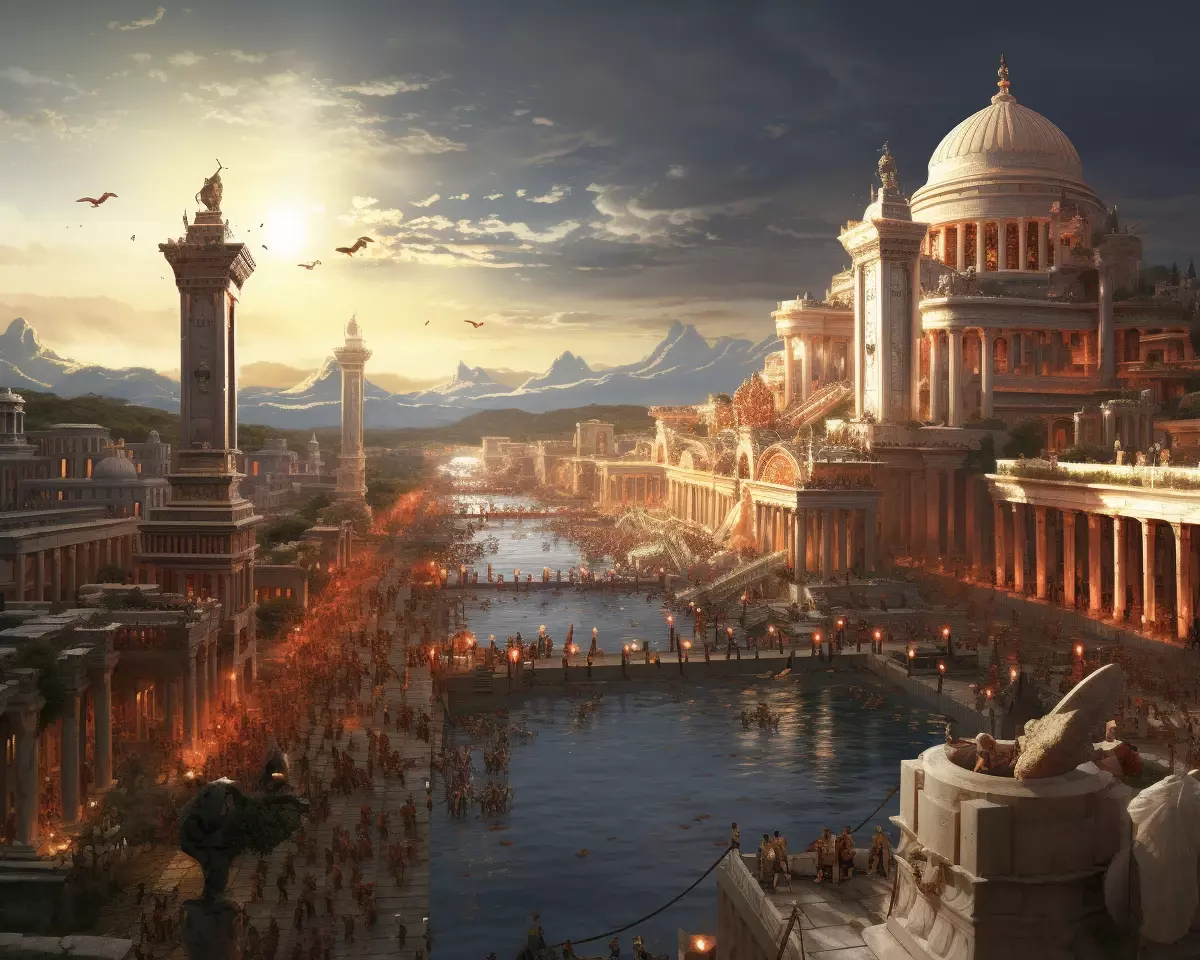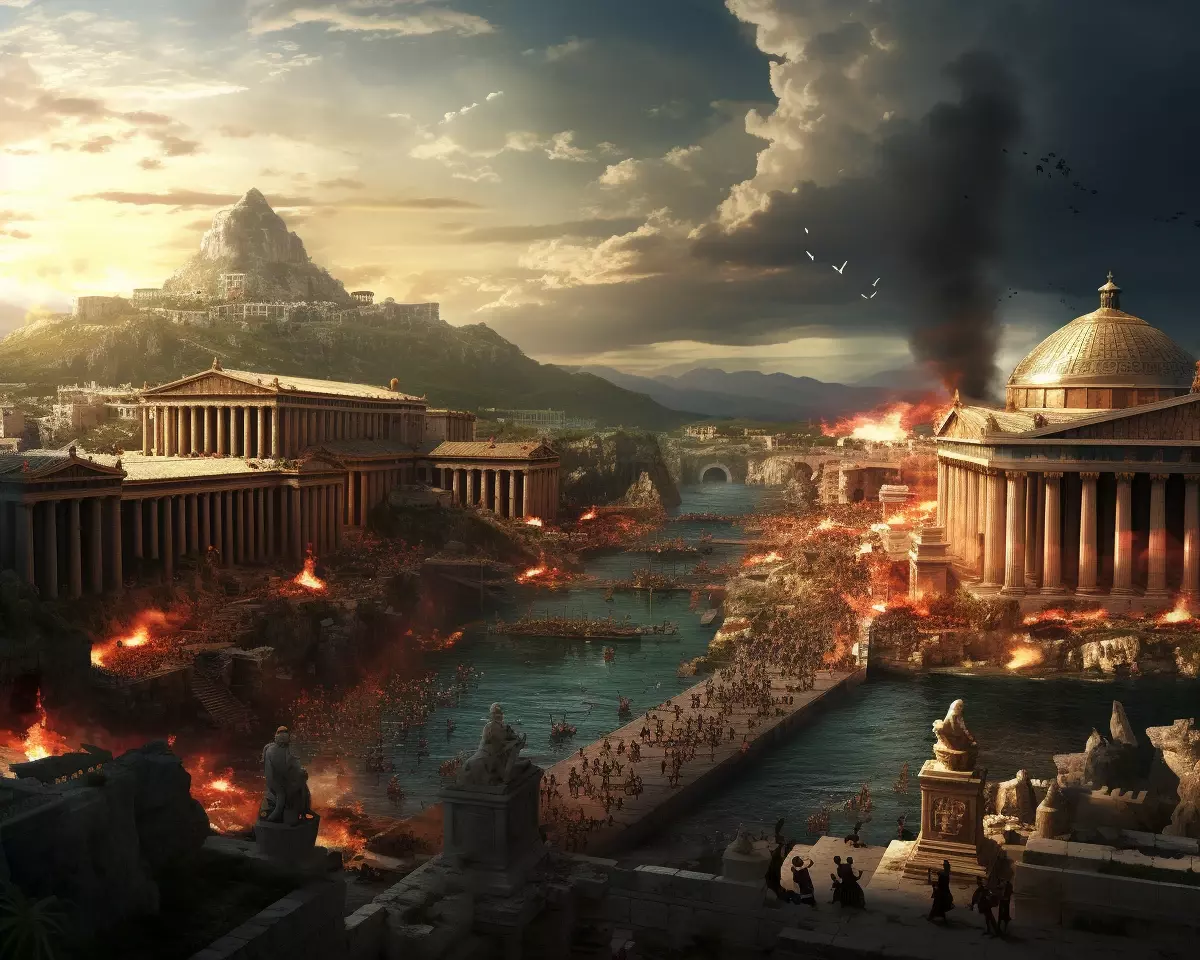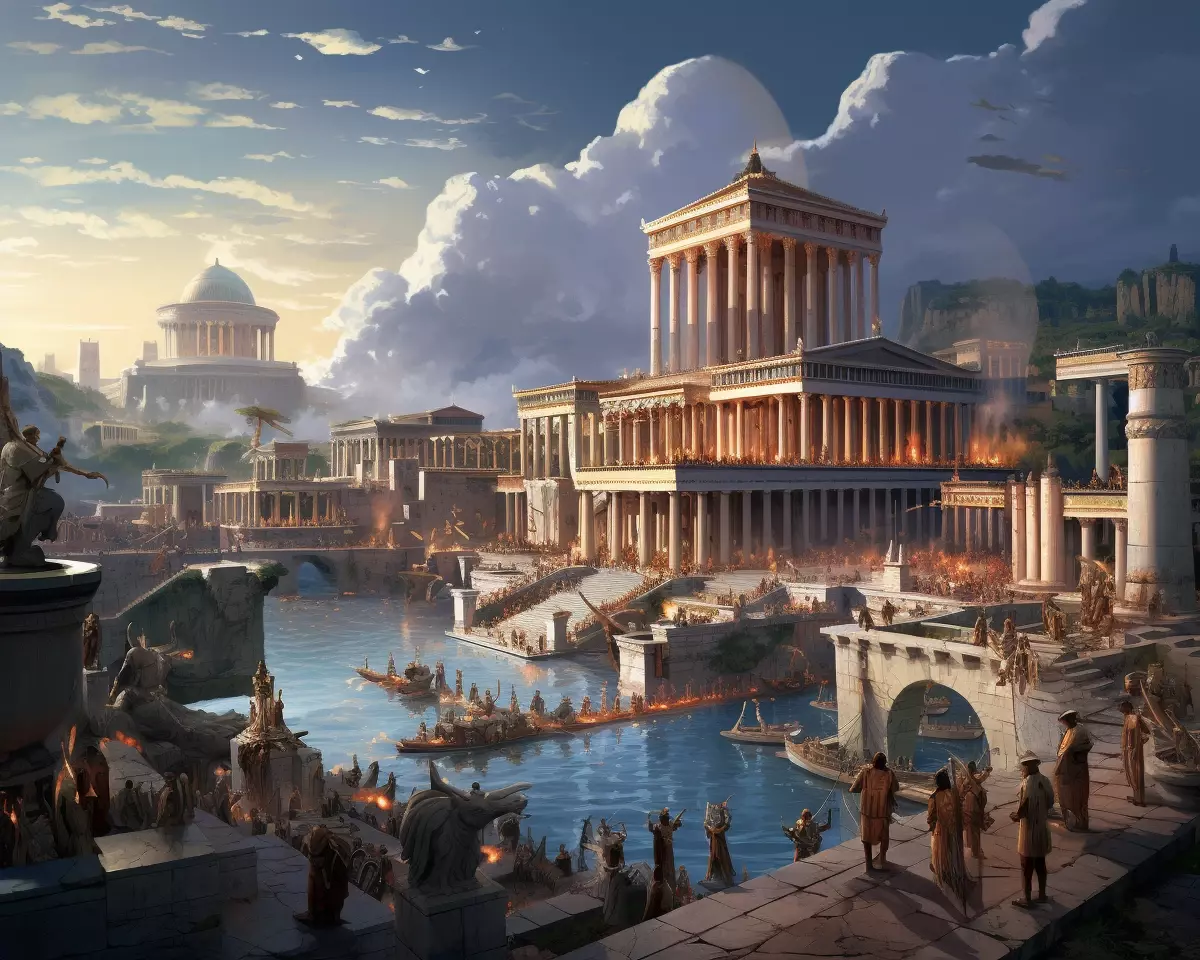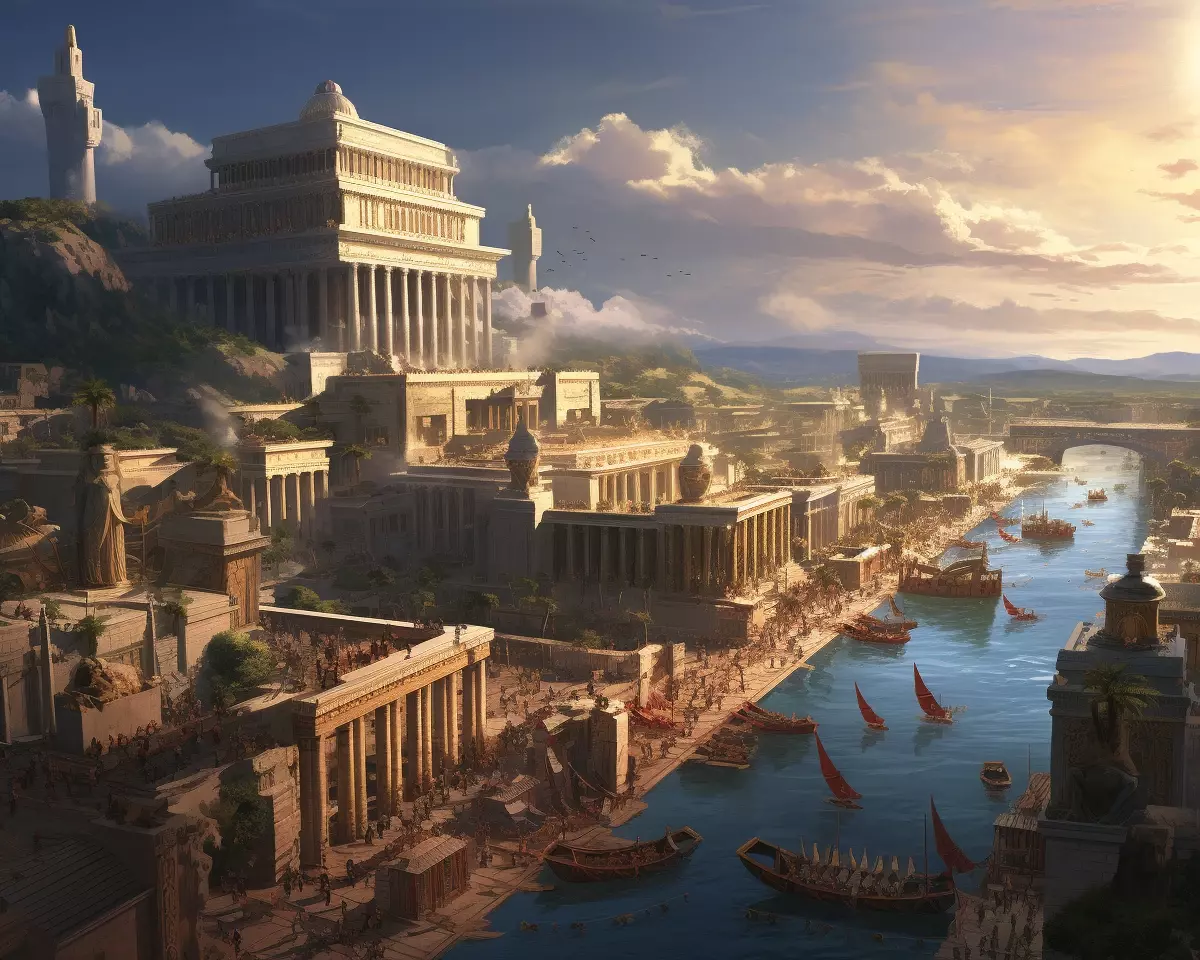The Roman civilization was one of the most influential in world history, and its impact can still be felt today in areas such as politics, architecture, language, and law. The Roman Republic, which was established in 509 BCE, was the first known republic in the world, and it laid the foundation for the Roman Empire, which was established in 27 BCE.

One of the key characteristics of Roman civilization was its military power. The Roman army was well-organized and well-trained, and it was able to conquer and control a vast territory that stretched from Britain to Egypt. The Roman army also played a crucial role in the maintenance of law and order within the empire, ensuring that the population was protected from internal and external threats.

Another important aspect of Roman civilization was its political system. The Roman Republic was a complex system of government that divided power between the Senate, the Assembly, and the Consuls. This system was designed to ensure that no one individual or group held too much power, and it was a model for many other societies throughout history.
The Roman Empire, which was established after the end of the Republic, was ruled by an autocratic emperor who held absolute power over the empire. The emperor was advised by a council of senators, and the empire was divided into provinces that were ruled by governors. The Roman Empire was known for its impressive public works and monumental architecture, such as the Colosseum, the Pantheon, and the aqueducts.
The Roman civilization was also known for its legal system. The Roman legal system was based on the concept of ‘natural law’, which stated that all people have certain rights that must be protected. The Roman legal system was also based on the principle of ‘lex talionis’, which stated that the punishment should fit the crime. This principle was the basis for the modern system of criminal justice.

The Roman civilization was also known for its religion. The Roman religion was polytheistic, and the gods and goddesses were believed to have power over various aspects of life. The Roman religion was also syncretic, which means that it incorporated elements of other religions, such as the Greek religion, into its pantheon.

The Roman civilization had a profound impact on the world, and its legacy can still be seen today in the form of language, law, architecture, and other cultural elements. The Roman civilization has been studied for centuries, and it continues to be a fascinating subject for scholars and history enthusiasts alike.


